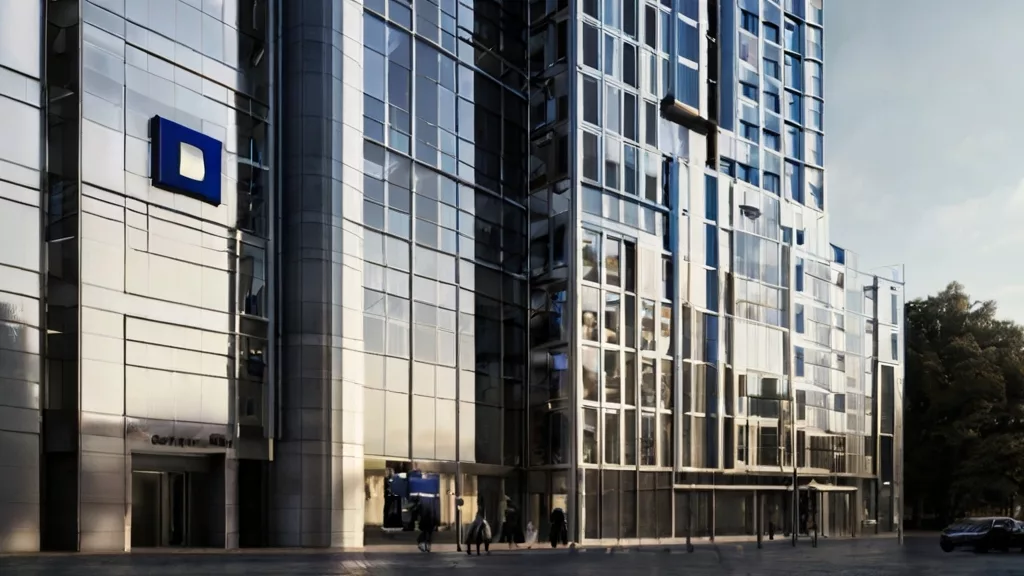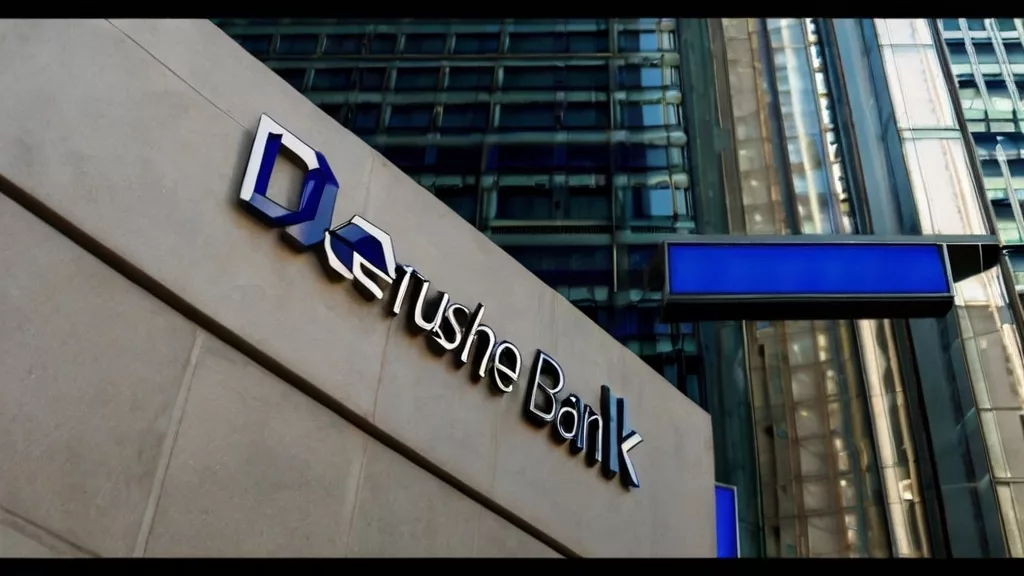Deutsche Bank is the latest major financial institution to embrace tokenization, joining the Monetary Authority of Singapore’s Project Guardian initiative. This move marks a significant step towards integrating blockchain technology into traditional finance.
Embracing Tokenization
On May 14, Deutsche Bank joined Project Guardian, a ground-breaking tokenization initiative led by the Monetary Authority of Singapore. The bank aims to build on its 2023 Digital Assets Management Access (DAMA) project, which focused on issuing and transferring tokens on the Ethereum blockchain.
Boon-Hiong Chan, Deutsche Bank’s Asia Pacific Head of Securities & Technology Advocacy, highlighted the importance of staying ahead in the rapidly evolving digital landscape. He emphasized, “Staying at the forefront of applicable innovation is critical to future-proofing our industry. Asset servicers like Deutsche Bank must effectively address the different chains asset managers use for tokenization to foster adoption and innovation.”
Deutsche Bank’s Growing Interest in Tokenization
Deutsche Bank’s commitment to tokenization comes as more global financial institutions explore on-chain finance. Chan noted, “Asset and fund tokenization hold real potential for financial markets. Through collaboration and understanding digital asset representation, we aim to progress the asset and wealth management sectors.”
Earlier this week, S&P Global Rankings, a leading credit rating agency, published a report asserting that tokenization could revolutionize the asset management industry through significant efficiency gains. The report supports the view that digital asset management is set for substantial growth.

Chainlink’s Role in Tokenization
Chainlink’s Cross-Chain Interoperability Protocol (CCIP) has become crucial for enterprise adoption of tokenization. CCIP has facilitated tokenization pilots for major banks like ANZ Bank, BNY Mellon, Citi, BNP Paribas, Euroclear, Lloyds Banking Group, and SIX Digital Exchange. These efforts highlight the growing acceptance and potential of tokenized assets in mainstream finance.
Project Guardian and Deutsche Bank’s Role in Tokenization
Deutsche Bank joins 17 institutional participants in Project Guardian, including regulators from the United Kingdom, Switzerland, and Japan. The first iteration of DAMA explored fund issuance and administration on the Ethereum blockchain, involving asset managers, transfer agents, and custodians.
Project DAMA II will continue to explore the tokenization of digitally represented assets. Deutsche Bank plans to propose “protocol standards and identify best practices” on Layer 2 as part of the program. The bank will deepen its collaboration with Memento Blockchain, which develops zero-knowledge Layer 2 scaling solutions on Ethereum. Additionally, Deutsche Bank will work with Interop Labs, the founder of Axelar Network, a participant in Project Guardian.
Enhancing Blockchain Interoperability
Sergey Gorbunov, co-founder of the Axelar protocol, emphasized the need for secure blockchain interoperability. He stated, “Secure blockchain interoperability is a requirement to unlock the trillion-dollar potential in asset tokenization. Deutsche Bank and Project Guardian are leading innovation towards establishing the open systems that will enable this technology.”
The Future of Tokenization
The commitment of Deutsche Bank and other financial institutions to tokenization signals a transformative shift in the financial landscape. As more banks and financial entities embrace blockchain technology, the efficiency, security, and accessibility of financial markets are expected to improve significantly.
Deutsche Bank’s participation in Project Guardian represents a critical step towards integrating tokenization into mainstream finance. By leveraging blockchain technology, the bank aims to enhance the transparency and efficiency of asset management, paving the way for a more innovative and inclusive financial ecosystem.
Finally, we refined and enhanced the article using ChatGPT.

